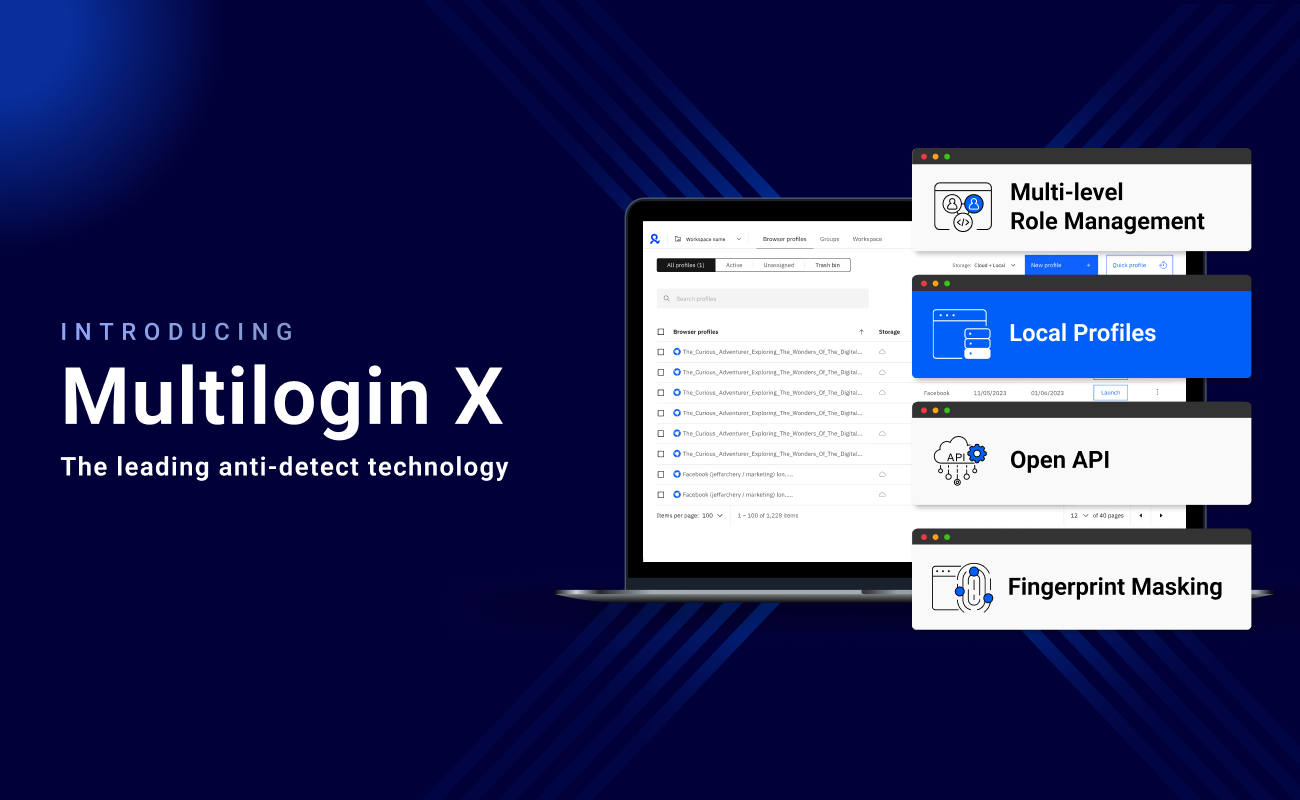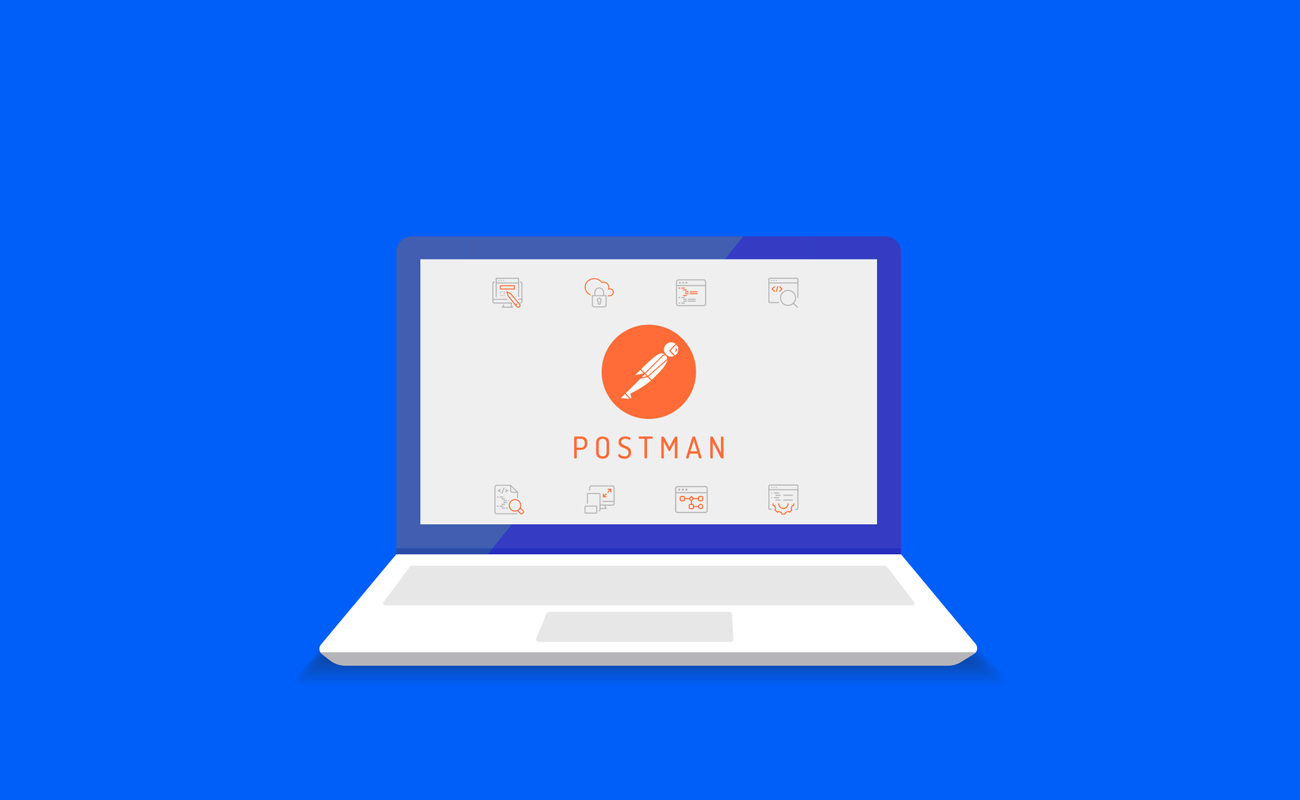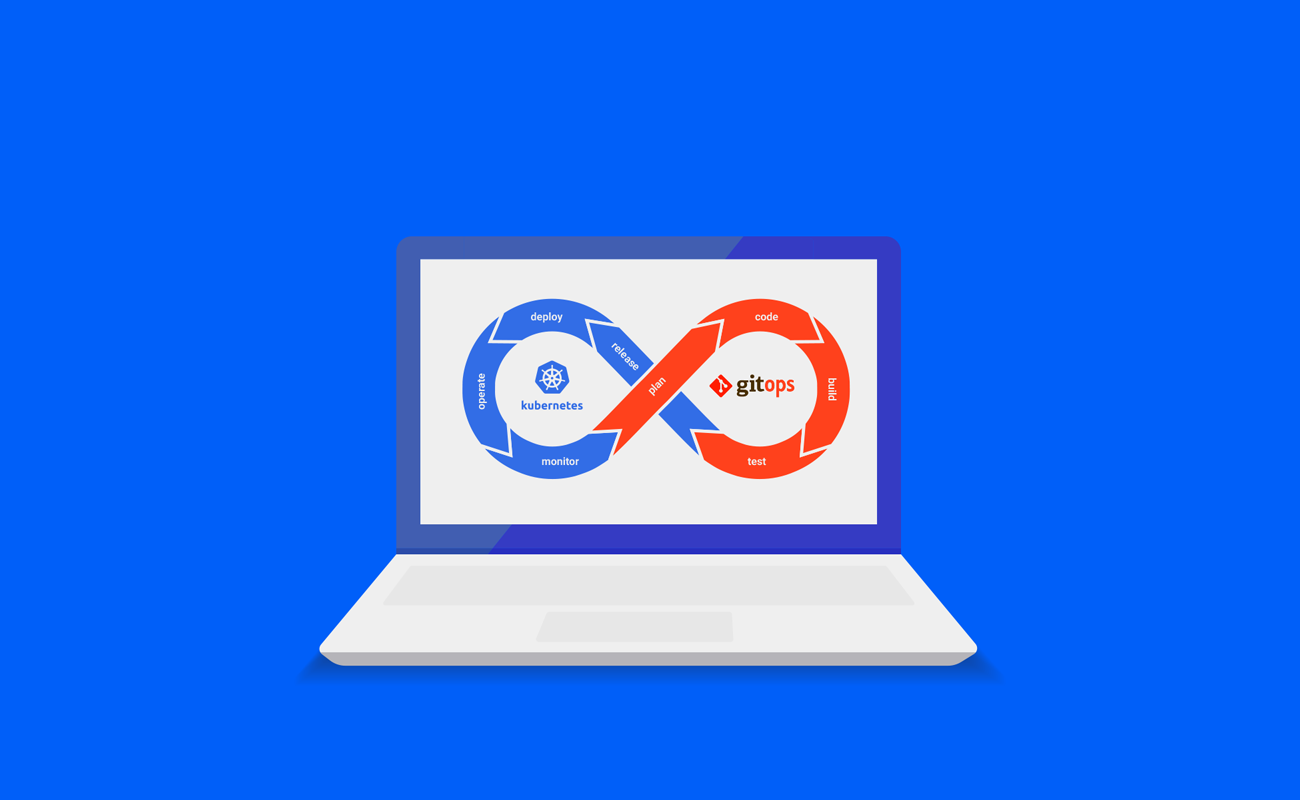
Why your Google ad account is suspended and what you can do about it
MARCH 28, 2023 | ACCOUNT MANAGEMENT
Google Ad Account – three words that can make or break your digital marketing game. With millions of businesses worldwide relying on Google Ads to drive traffic and conversions, having your account suspended can be a nightmare. It’s frustrating, it’s confusing, and it can be expensive.
In this article, we’ll help you understand why Google suspends accounts and what steps you can take to resolve the issue of suspended google ads and get back on track.
What is a Google Ad Account?
Let's start with the basics. A Google Ad Account is a platform where you can create, manage and track your Google Ads campaigns. It’s like a virtual dashboard where you can set up your ads, choose keywords, define your audience, and set your budget.
When you set up a Google Ad Account, you can choose between different campaign types, such as search ads, display ads, video ads, or shopping ads. You can also target your ads to specific geographic locations, languages, devices, and demographics.
Why did Google suspend your ad account?
Google has strict policies and guidelines that advertisers must follow to ensure a safe and positive user experience. Failure to comply with these policies can result in your ad account being suspended or even permanently banned.
Here are some of the most common reasons why Google might have suspended your ad account:
Policy violations
Google has a set of policies that advertisers must comply with to maintain a safe and trustworthy advertising ecosystem. These policies cover a wide range of topics, such as deceptive practices, prohibited content, and user safety. Violating any policies can result in your ad account being suspended.
Payment issues
If you fail to make payments or have an unpaid balance for your Google Ads account, your ads will stop running, and your account may be suspended. This can happen if your credit card expires, there are insufficient funds in your account, or if you've reached your credit limit.
Suspicious payment activity
If Google detects any suspicious activity in your account, such as multiple accounts with the same payment method or advertising the same product or service, your account may be suspended.
Low-quality ads or landing pages
Google values user experience and wants to ensure that ads and landing pages are relevant, helpful, and trustworthy. If your ads or landing pages are of poor quality or don't meet Google's standards, your ad account may be suspended.
What can you do to resolve Google ad account suspension?
If you've received a suspension notice from Google, don't panic. You can take steps to resolve the issue and get your ad account back on track.
Review Google’s policies.
The first step is to review Google's policies and guidelines to understand what you might have done wrong. Ensure you know all the rules and regulations that apply to your account and ads.
Correct the issue
Once you've identified the issue, take steps to correct it. If your account were suspended for a policy violation, you'd need to fix the issue and request a review of your account. If you have payment issues, update your payment method or add funds to your account.
Contact Google support [DUH]
If you're unsure why your account was suspended or how to fix the issue, contact Google support. They can help you identify the problem and provide guidance on how to resolve it.
Be patient
Resolving an ad account suspension can take time, especially if your account requires manual review. Be patient and regularly follow up with Google support to check your account status. Having your Google ad account suspended can be frustrating, but it's not the end of the world, by understanding why your account was suspended and taking steps to resolve the issue.
5 tips on how to avoid google ad account suspension:
Follow Google's ad policies and terms and conditions
Use accurate and honest ad content and landing pages
Avoid deceptive practices or prohibited content
Keep your payment information up to date and ensure sufficient funds
Use an anti-detect browser for additional security and privacy measures
However, a superior and more efficacious approach exists to preclude the potentiality of a ban, known as anti-detection browsers. 😎
Why Can Anti-Detect Browsers Be Your Ultimate Solution?
Anti-detect browsers are specialized web browsers that can help you hide your online identity and activity. They can be helpful if you've had issues with your Google Ad account being banned, as they can make it harder for Google to link your activity to your account. It might sound sneaky, but it's not.
How Anti-Detect Browsers Work?
These browsers work by masking the user's IP address, browser fingerprint, and other identifying information, making it difficult for Google to track and flag suspicious activity. They also simulate different browsers, devices, and locations, making it challenging for Google to detect unusual behavior or multiple accounts using the same IP address.
Who Needs to Use It: Anti-Detect Browser Use Cases
E-commerce: Online retailers often use anti-detect browsers to prevent their competitors from tracking their prices, inventory, and other sensitive information. These browsers allow them to gather market insights and make strategic pricing decisions without fear of being detected.
Social media marketing: Businesses that use multiple social media accounts to promote their products and services often use anti-detect browsers to avoid being detected by social media platforms. This allows them to avoid getting flagged as spam or violating the platform's terms of service.
Affiliate marketing: Affiliate marketers often use anti-detect browsers to avoid getting their accounts banned or suspended by affiliate programs. Running multiple accounts is considered a best practice for affiliate marketers as it allows for a wider reach and the ability to build authority for each product or area without dilution. This strategy also provides more opportunities to capture and recapture the same traffic, which can lead to increased sales and revenue for those in the affiliate marketing industry.







